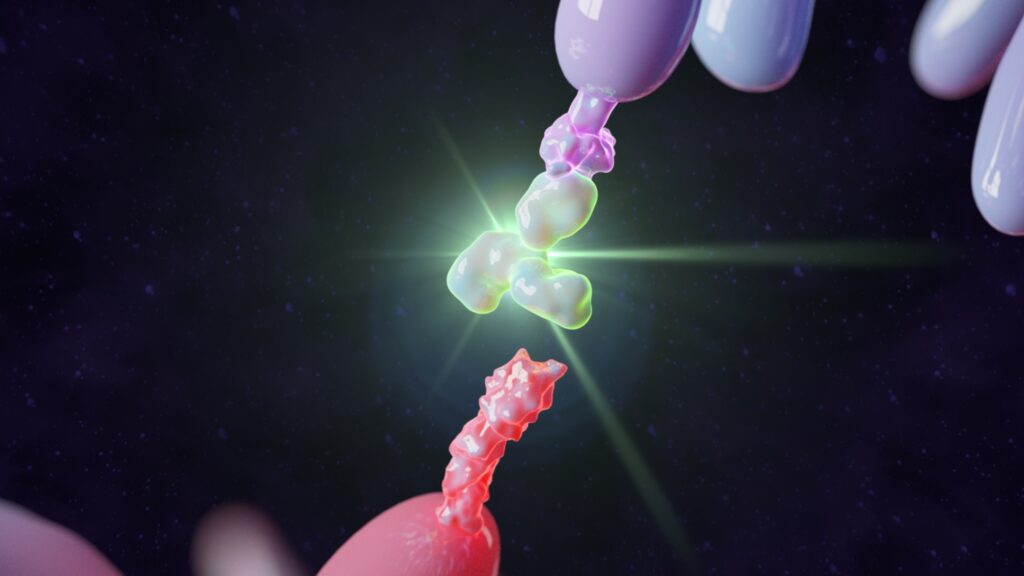Immune checkpoint inhibitors, drugs that can help make the immune system recognize and destroy cancer more aggressively, are one of the most important medicines in cancer treatment today. Merck’s Keytruda has been used against dozens of different cancers in millions of patients, making it the top-selling drug in the world, with over $25 billion in revenue in 2023. Opdivo, from Bristol Myers Squibb, earned $10 billion in 2023.
Now, a new class of drugs may be emerging to challenge the dominance of these first generation checkpoint inhibitors. Experts said a certain type of bispecific antibody seems to have hit upon a crucial combination of two cancer targets: the proteins VEGF and either PD-1 or PD-L1. “It’s exactly that,” said Özlem Türeci, the CMO and co-founder of BioNTech. “I think that the anti-PD-1 or PD-L1 and VEGF concept can be a very broad, pan-tumor platform: the next-generation checkpoint modulator.”
advertisement
Experts told STAT there’s been a surge of interest for these compounds from biotech and pharma in the last few months, spurred on most by the presentation of promising clinical data from Summit Therapeutics. In September, the company presented data showing its PD-1 and VEGF bispecific outperformed Keytruda in a Phase 3 clinical trial in advanced lung cancer patients.
STAT+ Exclusive Story
Already have an account? Log in


This article is exclusive to STAT+ subscribers
Unlock this article — plus daily coverage and analysis of the biotech sector — by subscribing to STAT+.
Already have an account? Log in
To read the rest of this story subscribe to STAT+.

